Tornado jets destroyed a heavy machine-gun position belonging to Daesh, whilst a Reaper struck three further positions, say the MoD.
Several coalition aircraft, including an RAF Reaper and two Tornado jets, supported the SDF as they cleared a village of terrorists on the 1st of February.
The Reaper unmanned aircraft spotted an anti-tank gun team firing at the SDF, and guided the strike on the weapon team by a coalition aircraft. The Reaper then hit three more terrorist positions, and the Tornado jets eliminated a heavy machine-gun team.
Later, Typhoons destroyed a Daesh-held building on the 2nd of February, and they demolished a further two such buildings on the 3rd, whilst a Reaper destroyed another.
Status of the campaign
RAF aircraft have carried out nearly 1,700 strikes against Daesh in Iraq and Syria since 2014. The UK have deployed Reaper UAVs, Typhoon jets and Tornados, have conducted significant ISR (Intelligence, Surveillance and Reconnaissance) missions and have provided additional air support such as inflight refuelling and transporting.
Defence Secretary Gavin Williamson said:
“The UK will not be complacent when it comes to terrorism – a point I reaffirmed with my Global Coalition counterparts today. We pledged to continue to fight terrorists until their poisonous global network is totally destroyed. Despite Daesh’s diminishing territory, it is hell-bent on directing and inspiring terrorist attacks worldwide – threatening our security at home and abroad. The threat they pose is evolving and intensifying but our resolve to defeat them will not fade.”
The MoD say it is working to ‘secure Daesh’s lasting defeat’ by working with legitimate local authorities to ensure a stable, prosperous and united future for affected communities in both Iraq and Syria. Daesh must not be allowed to re-emerge.
It was recently reported that the Royal Air Force is operating at its most intense for 25 years in a single theatre of operation which far outstripped the UK involvement in Iraq and Afghanistan – RAF jets have dropped 11 times more bombs (1,276 strikes) on Syria and Iraq in the preceding 12 months than they had in the busiest year of action in Afghanistan a decade previously.
The MoD says the operation has cost the UK taxpayers £265 million so far.


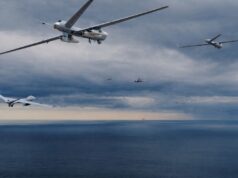
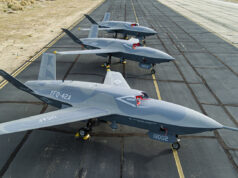
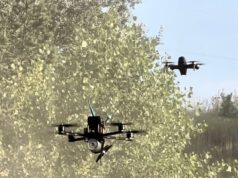
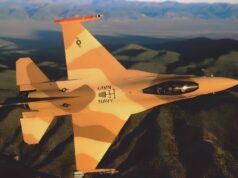


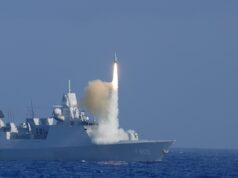

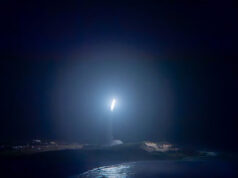
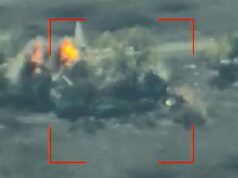

Over 1k strikes on mainly unarmoured and generally fairly low value targets. The mind boggles on how much in bombs that has cost and cost of wear and tear to the jets. There is definitely a need to start thinking about investing in low end tech and specifically low cost bombs.
Too many years of military R&D being focused on high end combat, and not too much traditional thinking around where the money should be spent. Time for change.
Are the Tonka’s not due for OSD soon? If they have some mileage left then use them rather than younger airframes. Also keeps the pilots up-to-date with skills. Agree about high tech bombs being used though.
Hi Steve, Low tech bombs increases the risk of civilian casualties; bringing a Tornado down to low-level for a strafing run with its cannons puts the crew at risk to AAA & MANPADS.
The Russians lost the pilot of an SU-25 about 10 days ago.
High-tech bombs are expensive, but currently – I can’t think of a better way of conducting the air-campaign.
Well said, RIP Major Filipov.
in theory yes, but from what I can tell we are choosing zero risk targets to ensure 100% certainty of not hitting any civilians. I’m pretty sure using dumb bombs or semi dumb bombs against such targets would have had same effect. No however how good these bombs are, if used against targets close to civilians, we wouldn’t have avoided 100% civilian accidently deaths.
Understand what you say but a low cost accurate smart bomb may be an oxymoron. How about cheap beam riding missiles like Martlet? Could. Typhoon pilot fly his plane and guide the missile onto its target at the same time?
The last paragraph of the article says it all. Our efforts in both Iraq and Afghanistan are now shown for what they were, half hearted. What a waste of money those campaigns were and more importantly the loss of young brave British military personnel is unforgivable particularly given the lack of suitable equipment which increased losses.
To make thing even worse the idiots in charge then moved onto Libya and Syria because the previous wars spawned further upheaval and conflict. I’m sure History will be very hard on the culprits.